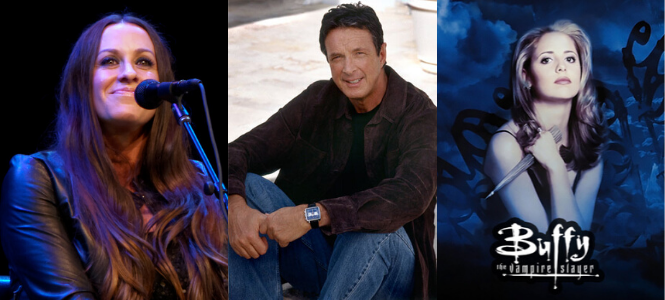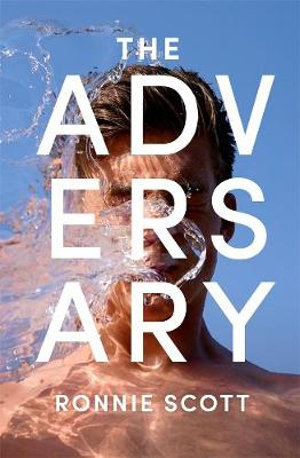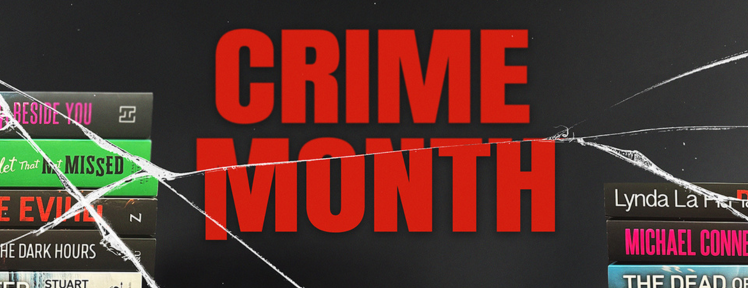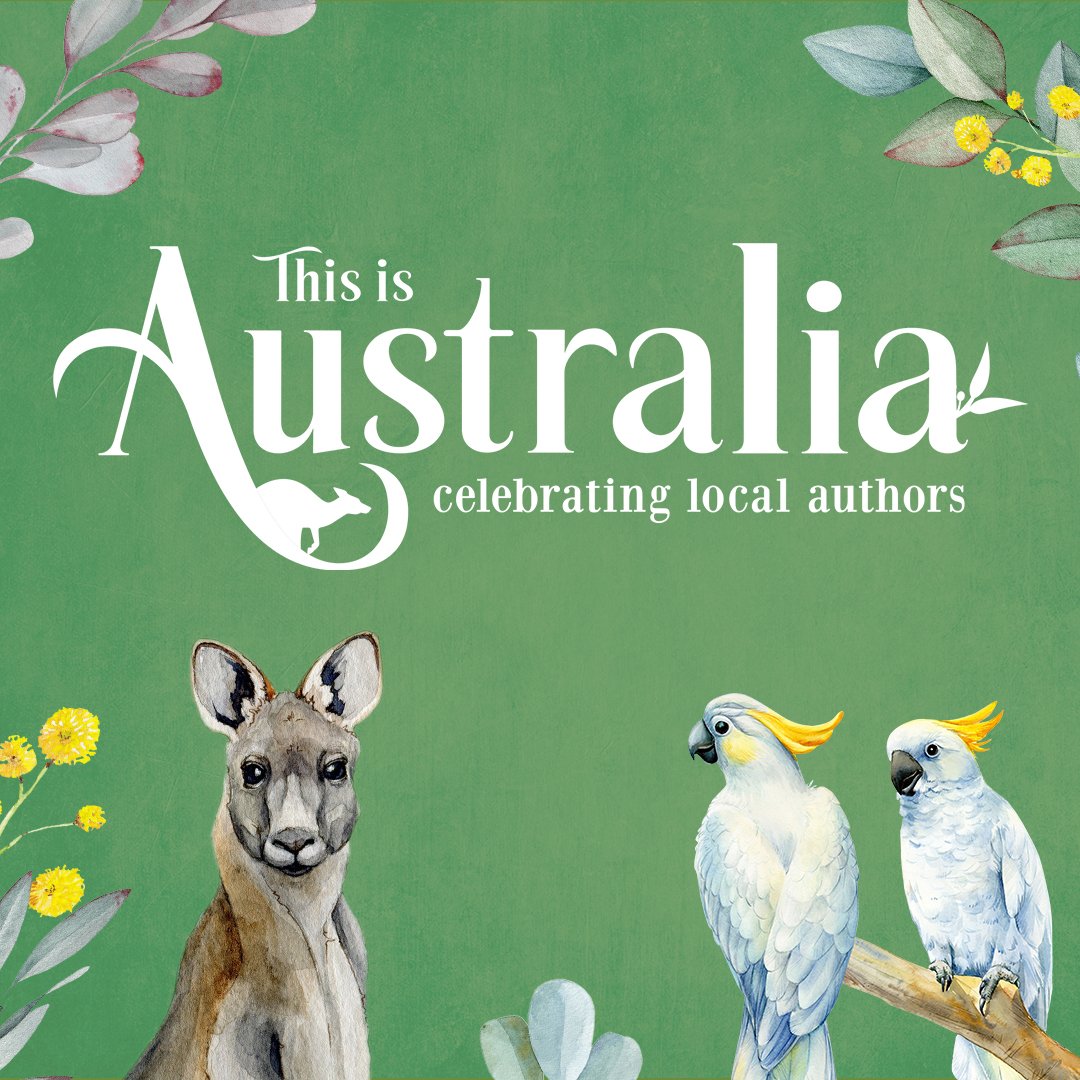Ronnie Scott writes essays and criticism for newspapers, websites and magazines. In 2007 he founded The Lifted Brow, an independent literary magazine. He’s a Lecturer in the Writing and Publishing discipline at RMIT University. The Adversary is his first novel.
Today, Ronnie’s on the blog to answer our Ten Terrifying Questions. Read on …
1. To begin with why don’t you tell us a little bit about yourself – where were you born? Raised? Schooled?
I’m an Air Force kid, so I was born in Newcastle NSW, but left pretty quickly, and I ended up living in a few different places. I grew up for the longest stretches in the USA, Katherine NT, Penang in Malaysia, and Brisbane QLD, and I moved to Melbourne about twelve years ago.
2. What did you want to be when you were twelve, eighteen and thirty? And why?
I was pretty fixed on being a novelist at twelve (and younger), and at eighteen I was very listless and unhappy but definitely still writing. At thirty I was an academic, editor and writer which I am now. You’ve managed not to land in any of my wayward periods, when I thought I’d never write a novel and was committing myself totally to other people’s writing. This was good, but I really like the balance I have now, my writing and other people’s writing, plus some spreadsheets and bureaucracy thrown in.
3. What strongly held belief did you have at eighteen that you do not have now?
This answer is too depressing, because I was depressed; I didn’t think I had a future, so I strongly believed in that. This question has made me realise that I was a very committed depressed person, because that believe was indeed strongly held. My novel The Adversary is about a character with different experiences and a different personality, but he too is very committed to the things that he commits to, including self-abnegation, Grindr, and showering.
4. What were three works of art – book or painting or piece of music, etc – you can now say, had a great effect on you and influenced your own development as a writer?
Let’s go younger than eighteen here. Alanis Morissette’s album Supposed Former Infatuation Junkie, which was insightful, voicey, weird, and wordy – I learned heaps of my favourite words from that album, including some I remember misusing in high school debates, like ‘tumultuous’. Buffy, which gives you a really strong sense of character, symbol, society. And I read everything I could get my hands on by Michael Crichton, lots of times, which is strange, because I’m not a re-reader now.
5. Considering the innumerable artistic avenues open to you, why did you choose to write a novel?
Writing is my favourite kind of artistic avenue, and novels are definitely my favourite kind of writing; as records of lives, they are flawed in a different way to histories, because they reflect imaginations, failures, contingencies, and so much else. My favourite experience of time has come from reading novels of similar periods and speculating/observing how they slide into each other. I love that everyone ten years ago was writing the word ‘sluice’ and this year I’ve read three books that include the word ‘tchotchke’, like we’re all just different expressions of the same hive mind.

6. Please tell us about your latest novel!
The Adversary is in some ways like every other novel, just another expression of the same hive mind! And in other ways it’s determinedly gay-specific, the way every hive mind story gets there through specific means. It’s about a boy who meets a guy who turns out to be his best friend, but sooner or later their best friendship has to change. So it’s about their efforts to do that decisively yet respectfully, and some of the characters’ thoughts, problems, decisions about each other are processed through four other characters – romantic, social and sexual interests. It’s about friendship, being alone, and love.
7. What do you hope people take away with them after reading your work?
Centring friendship in a novel is a political choice, especially when it could possibly turn into sex or romance but instead it remains its own complicated self. I think attempts are often made, by queer people and others, to squeeze queer lives and stories into not-very-queer shapes, and letting a life and a story organise itself around a friendship is a way to resist that impulse (which I often feel). I hope readers take away some good times – it’s a fun book – but also reconsider friendships in their own lives, best friendships and otherwise, past and present.
8. Who do you most admire in the realm of writing and why?
My most-admired novelist is the Booker-prize-winning-but-still-underappreciated writer of lives and manners Anita Brookner, and I love her probably disproportionately because it was so fun to discover a new favourite author, not that late in life, but still late enough that I believed my preferences were set, and everyone else was a bonus who I would admire in relation to my existing favourites. She’s a very elegant writer, and savage and observant, and does a wonderful job of arranging her characters – their personalities, words, and choices – into shapes that are exactly poised to be upset by fate.
9. Many artists set themselves very ambitious goals. What are yours?
Because I took so long to write this novel, The Adversary, which is a pretty short novel (you could read it in two hours, I promise), I fantasise about becoming an extremely quick writer who puts out thirty ultra different books, or, like Anita Brookner, the same story in many different forms. But that is a fantasy, and I guess my biggest goal is to keep writing as a process of discovery and insight, which leads to whatever it leads to and takes as long as it takes, even though I find that hard to accept.
10. What advice do you give aspiring writers?
I like the advice of the author Kirsty Murray, which came to me via her daughter the author Ruby Murray: there are no magic underpants. It just means there isn’t any substitute for time; you have to read a lot of whatever it is you’re planning on writing and then spend a lot of time playing with it. I also recently read the advice of the essayist Ellena Savage who pointed out that a main feature of writing is that it is incremental, so you have to find happiness in this.
Thank you for playing!
—The Adversary by Ronnie Scott (Penguin Books Australia) is out now.

The Adversary
In a house in Brunswick, summer is coming, and a young man is being strongly encouraged to go outside against his will.
He says he's not a shut-in, but he certainly acts like one, spending all day taking hot showers and eating Vegemite toast. But when his housemate and best friend, Dan, gets a boyfriend, he is pushed out into the world, in search of friendship and love. Will he make friends with the mysterious shawl-wearing Chris L? Will he sleep with Vivian, the American who likes silk sheets...







 What do we know about the Boy Swallows Universe Netflix show?
What do we know about the Boy Swallows Universe Netflix show?  Booktopia’s top thrilling fiction picks for Crime Month
Booktopia’s top thrilling fiction picks for Crime Month  Booktopia’s Top First Nations Book Recommendations for 2023
Booktopia’s Top First Nations Book Recommendations for 2023
Comments
No comments